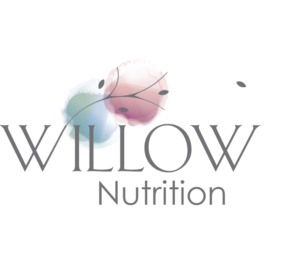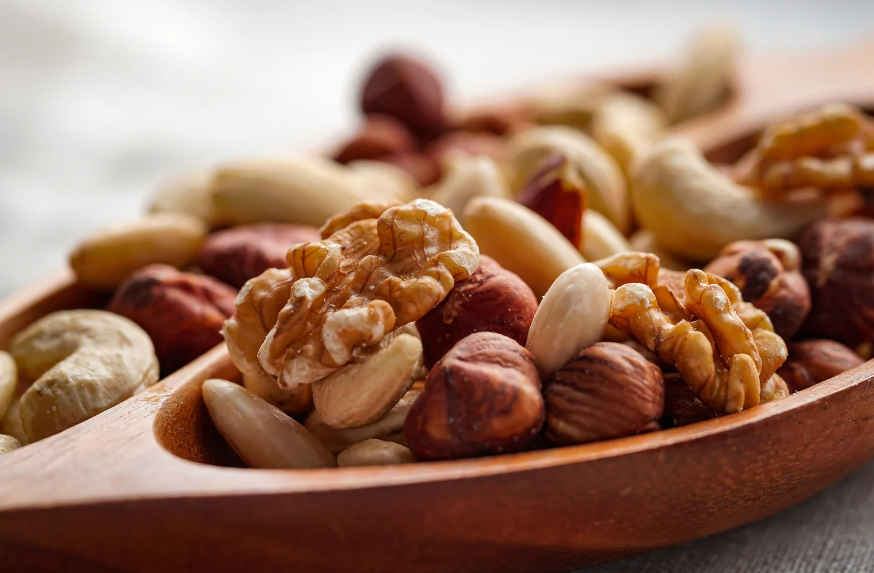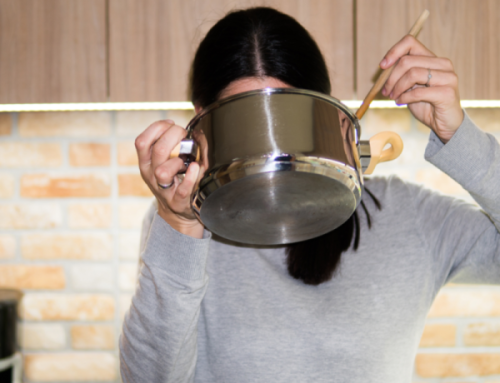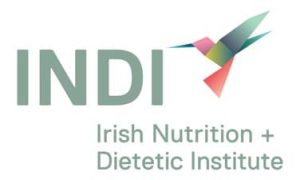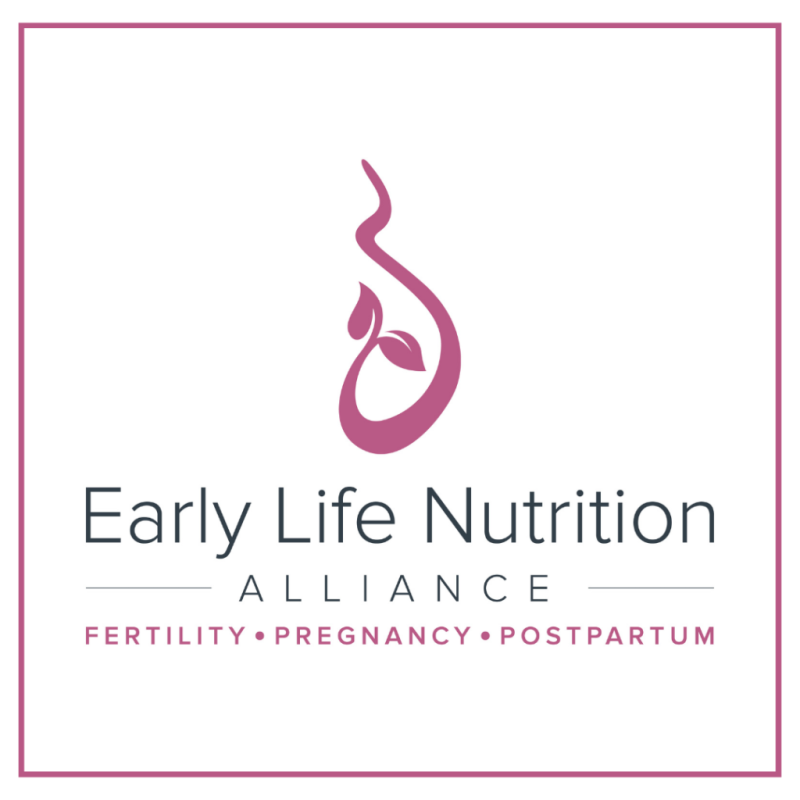If you have looked into nutrition for fertility you will likely have seen nuts being recommended as a component of a fertility friendly diet. Indeed adding in nuts is one of my top tips for anyone looking to improve their fertility health.
I often get asked what the best type of nuts to include. And the answer is a variety. Nuts are little nutritional powerhouses that contain a variety of micronutrients that can support egg quality, endometrial health, sperm motility and morphology as well as providing plant based iron, protein and unsaturated fats which are beneficial for overall health.
Why Are Nuts Important?
Various different nuts have been shown to provide nutritional benefits for your fertility health. Not only are nuts a good source of plant-based proteins, but they contain important fertility-boosting nutrients such as omega-3s, selenium, vitamin E, Zinc and magnesium just to name a few.
Plant Protein
As a source of protein, nuts are really easy and versatile to add into your diet on a daily basis. It is thought that replacing some animal protein with plant proteins may help protect against ovulatory infertility (Chavarro et al, 2008). 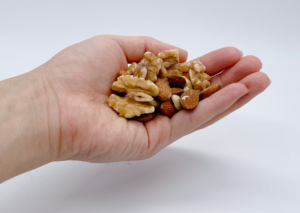 Protein also has a role to play in providing satiety, affects diet-induced thermogenesis, and protects muscle mass (Farshchi et al 2009).
Protein also has a role to play in providing satiety, affects diet-induced thermogenesis, and protects muscle mass (Farshchi et al 2009).
Nuts are a handy snack to have on standby when feeling peckish, have a small handful alone, added into a yoghurt, sprinkled over a salad or in soup for an extra crunch.
Unsaturated Fats
Fats get a bit of a bad rap when it comes to nutrition, maybe due to the fact that fats are higher in calories per gram, however calories = energy and we need energy to survive. Fats also have essential roles in our bodies, they give our bodies energy and support cell function.
They also help protect our organs and help keep our body warm as well as aiding absorption of some nutrients and in hormone production.
Unsaturated fats (plant based fats) are our preferred source. Nuts are a great source of unsaturated fats, one of these is an essential fat called Omega 3 in the form of Alpha-Linoleic Acid (ALA) which has benefits in reproductive health.
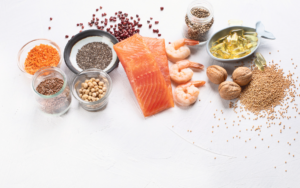
ALA is converted to DHA in the body (the form of Omega 3 fatty acids found in oily fish). As well as having a cardioprotective role and improving brain function, it is also anti-inflammatory and plays a role in foetal development (Swanson et al, 2012)
Other sources of Omega 3 are oily fish and flaxseeds. If you are on a vegetarian or vegan diet talk to your dietitian to assess your diet as additional Omega 3 supplementation may be required as not all of the ALA we consume is converted to DHA.
We should be aiming for 90 mg daily of omega 3 form our diets but this increases if taken via a supplement.
Selenium
Did you know that 1 large Brazil nut contains your selenium requirements for one day? It is recommended that adults obtain 60 mcg of selenium daily, increasing to 65mcg when pregnant.
Zinc
Zinc is an essential mineral in both female and male fertility. Zinc improves sperm quality with increases in sperm density, progressive motility and improved conception and pregnancy outcome (Fallah et al 2018). It also has an antioxidant effect, it supports egg maturation and egg quality. We do not produce Zinc so therefore need to obtain it from our diet.
The foods richest in zinc include shellfish such as oysters and crab but if you do not include these foods in your diet, we can also find zinc in pine nuts, cashews, pecans and brazil nuts as well as some seeds (sunflower, hemp and flax seeds).
Women need 7 mg of zinc daily where men require 9.5 mg.
Magnesium
Magnesium has hundreds of roles to play in the body, one of which is helping to produce oestrogen and progesterone. Like all our other important antioxidants, magnesium helps to decrease inflammation (which we of course know is a big plus in the fertility game). Magnesium also controls our follicle-stimulating hormone which in turn stimulates the ovaries.
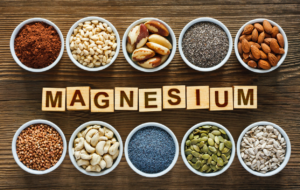
In a study conducted from 2005-2012 examining the role of magnesium and thyroid function in IVF found that successful IVF procedures were observed in women who had a higher baseline serum magnesium level indicating supporting the importance of optimising magnesium levels prior to Assisted Reproductive Treatments (ART) (Steufer et al 2015).
We mainly find magnesium in green leafy veg, wholegrains as well as in almonds, pine nuts and cashew nuts. It is also found in sunflower and sesame seeds. Magnesium supplementation is not generally required as we can obtain sufficient amounts from our diets.
Magnesium requirements in the UK and Ireland are 270mg for Women and 300mg for Men.
Last But Not Least, Vitamin E
Our favourite and most potent antioxidant, protecting our cells against damage. Found mainly in nuts (specifically hazelnuts, almonds and peanuts), seeds (sunflower), extra virgin olive oil, rapeseed oil and wheat germ. Deficiency is also rare for Vitamin E and we store any excess in our bodies which can be used as required.
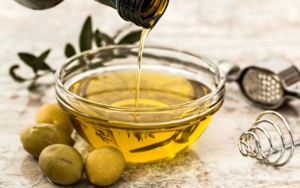
Vitamin E is thought to improve the endometrial response in women undergoing ART (Cicek et al 2012). Vitamin E have been reported to be efficient, and their uses in reproductive- and pregnancy-related disorders have been the subject of significant clinical trials.
Impacts of increased consumption of vitamin E are also seen during pregnancy as noted in a study (Rumiris 2006) where higher intake correlated with a significant decrease in preeclampsia and miscarriage cases compared to women who did not consume additional vitamin E.
The recommended intake of Vit E daily is 3mg for Women and 4mg for Men.
How to get the most out of your nuts!
- Aim for unroasted, unsalted nuts
- Get the most out of your nuts by buying bags of mixed nuts
- Keep them visible in a jar on your kitchen counter
- Aim for 1-2 portions (30-60g) per day
- Add into smoothies, stir-fries, soups, curries, salads and cereals for added crunch
- Bake with nuts in savoury and sweet foods such as adding walnuts to carrot cakes, adding chopped hazelnuts and pecans into cookies or topping bread with chopped mixed nuts
- Have small snack packs of mixed nuts in your bag or desk at work for easy snacking!
- Mix with some dried fruit for an ideal pre exercise snack including carbohydrate, fibre, protein and healthy fats
- Get the family involved, nuts aren’t only great for fertility health but are also a healthy, nutritious snack for everyone (of course avoid if allergic)!
So it’s time to get those nuts in! If that’s not enough to convince you to include them in your diet then I don’t know what is! As always the above is general advice. If you would like specific advice and specialist dietetic support in managing your diet and navigating through your fertility journey please contact Jess HERE
References:
- Chavarro JE, Rich-Edwards JW, Rosner BA, Willett WC. Protein intake and ovulatory infertility. Am J Obstet Gynecol. 2008 Feb;198(2):210.e1-7. doi: 10.1016/j.ajog.2007.06.057. PMID: 18226626; PMCID: PMC3066040.
- Farshchi H, Rane A, Love A, Kennedy RL. Diet and nutrition in polycystic ovary syndrome (PCOS): pointers for nutritional management. J Obstet Gynaecol. 2007;27(8):762–73.
- Danielle Swanson, Robert Block, Shaker A. Mousa, Omega-3 Fatty Acids EPA and DHA: Health Benefits Throughout Life, Advances in Nutrition, Volume 3, Issue 1, January 2012, Pages 1–7,
- Barrington JW, Lindsay P, James D, Smith S, Roberts A. Selenium deficiency and miscarriage: a possible link? Br J Obstet Gynaecol. 1996 Feb;103(2):130-2. doi: 10.1111/j.1471-0528.1996.tb09663.x. PMID: 8616128.
- Mintziori G, Mousiolis A, Duntas LH, Goulis DG. Evidence for a manifold role of selenium in infertility. Hormones (Athens). 2020 Mar;19(1):55-59. doi: 10.1007/s42000-019-00140-6. Epub 2019 Nov 7. PMID: 31701489.
- Fallah A, Mohammad-Hasani A, Colagar AH. Zinc is an Essential Element for Male Fertility: A Review of Zn Roles in Men’s Health, Germination, Sperm Quality, and Fertilization. J Reprod Infertil. 2018 Apr-Jun;19(2):69-81. PMID: 30009140; PMCID: PMC6010824.
- Stuefer S, Moncayo H, Moncayo R. The role of magnesium and thyroid function in early pregnancy after in-vitro fertilization (IVF): New aspects in endocrine physiology. BBA Clin. 2015 Mar 5;3:196-204. doi: 10.1016/j.bbacli.2015.02.006. PMID: 26675754; PMCID: PMC4661571.
- Cicek N, Eryilmaz OG, Sarikaya E, Gulerman C, Genc Y. Vitamin E effect on controlled ovarian stimulation of unexplained infertile women. J Assist Reprod Genet. 2012 Apr;29(4):325-8. doi: 10.1007/s10815-012-9714-1. PMID: 22302530; PMCID: PMC3309992.
- Rumiris D, Purwosunu Y, Wibowo N, Farina A, Sekizawa A. Lower rate of preeclampsia after antioxidant supplementation in pregnant women with low antioxidant status. Hypertens Pregnancy. 2006;25(3):241-53. doi: 10.1080/10641950600913016. PMID: 17065044.
